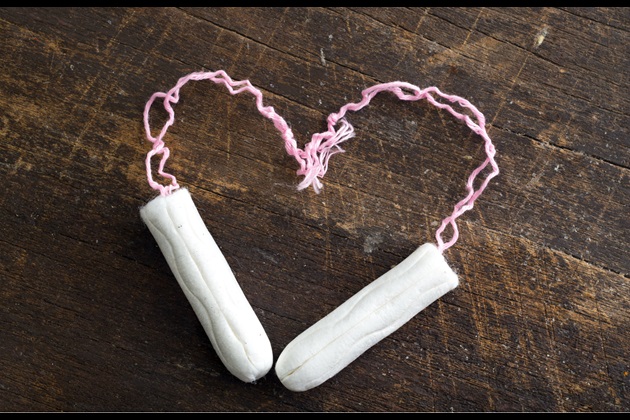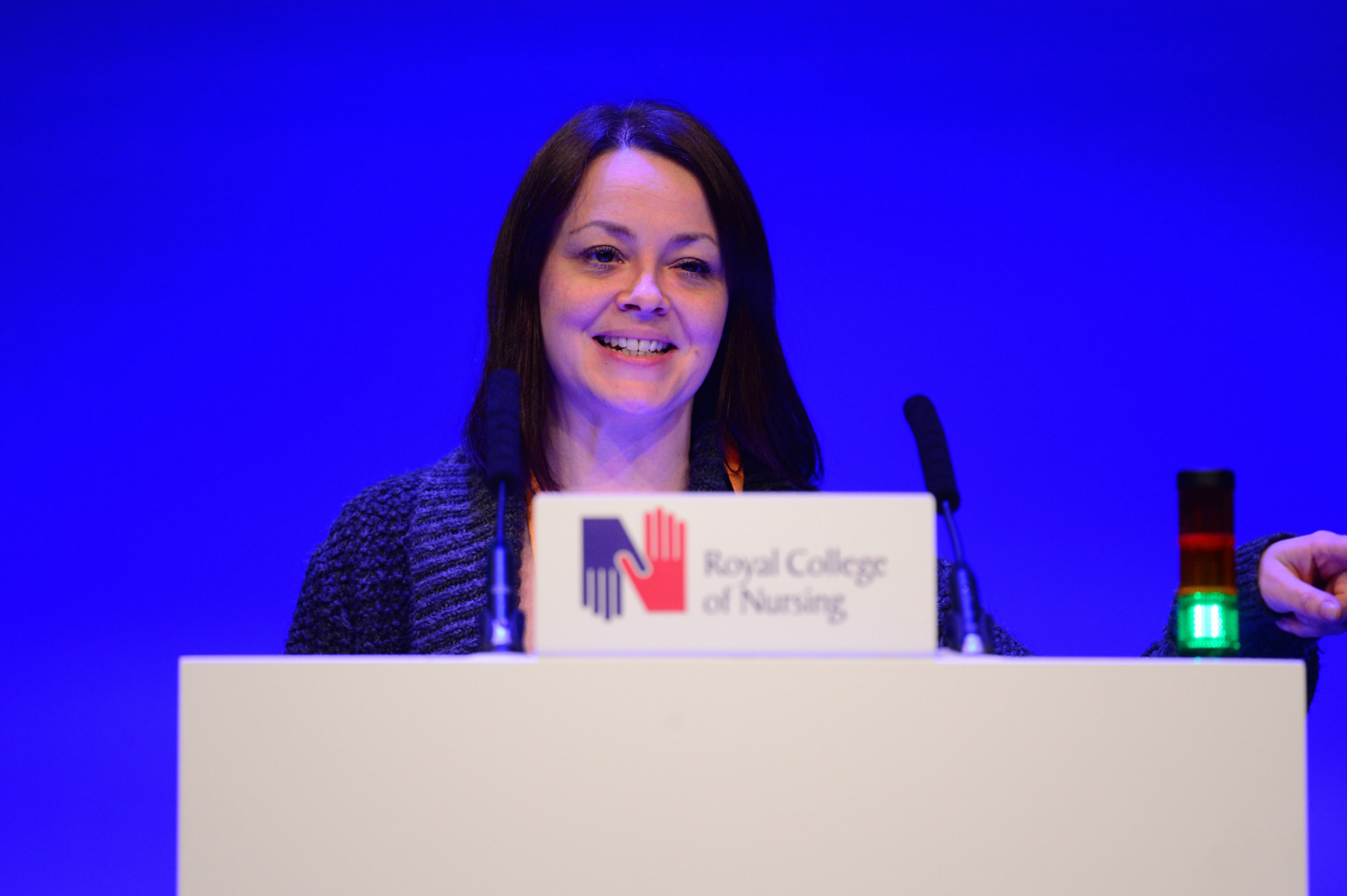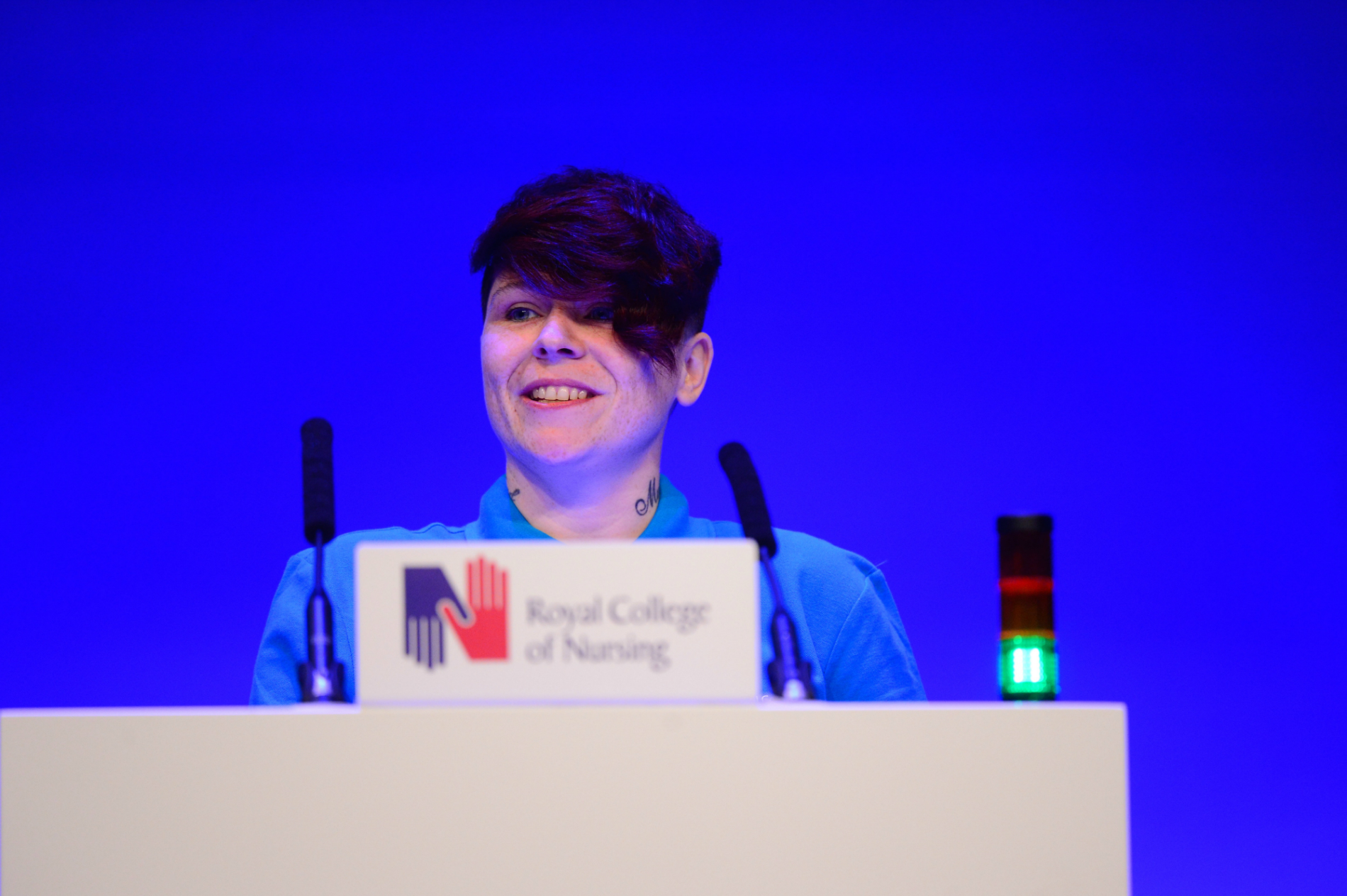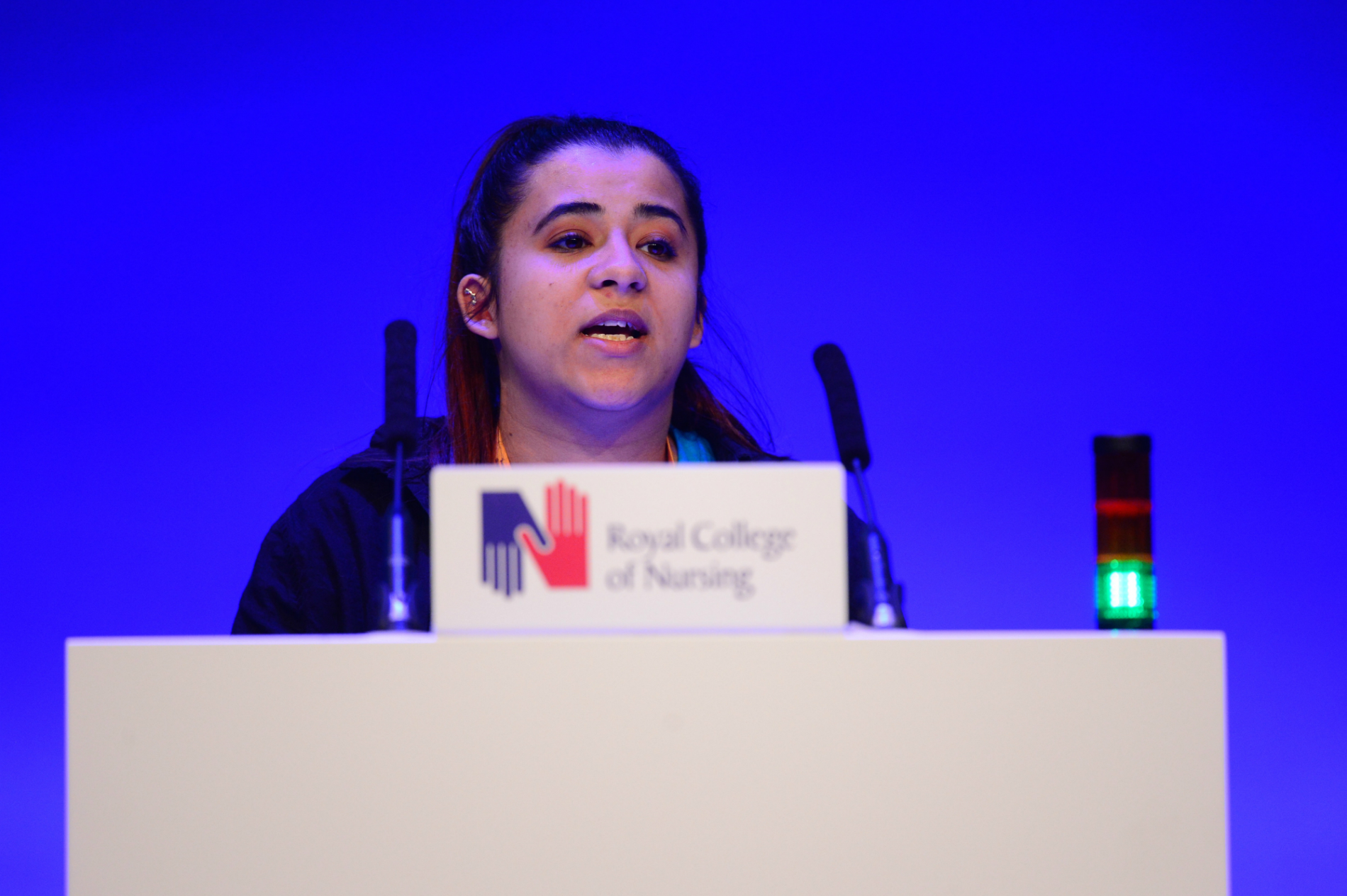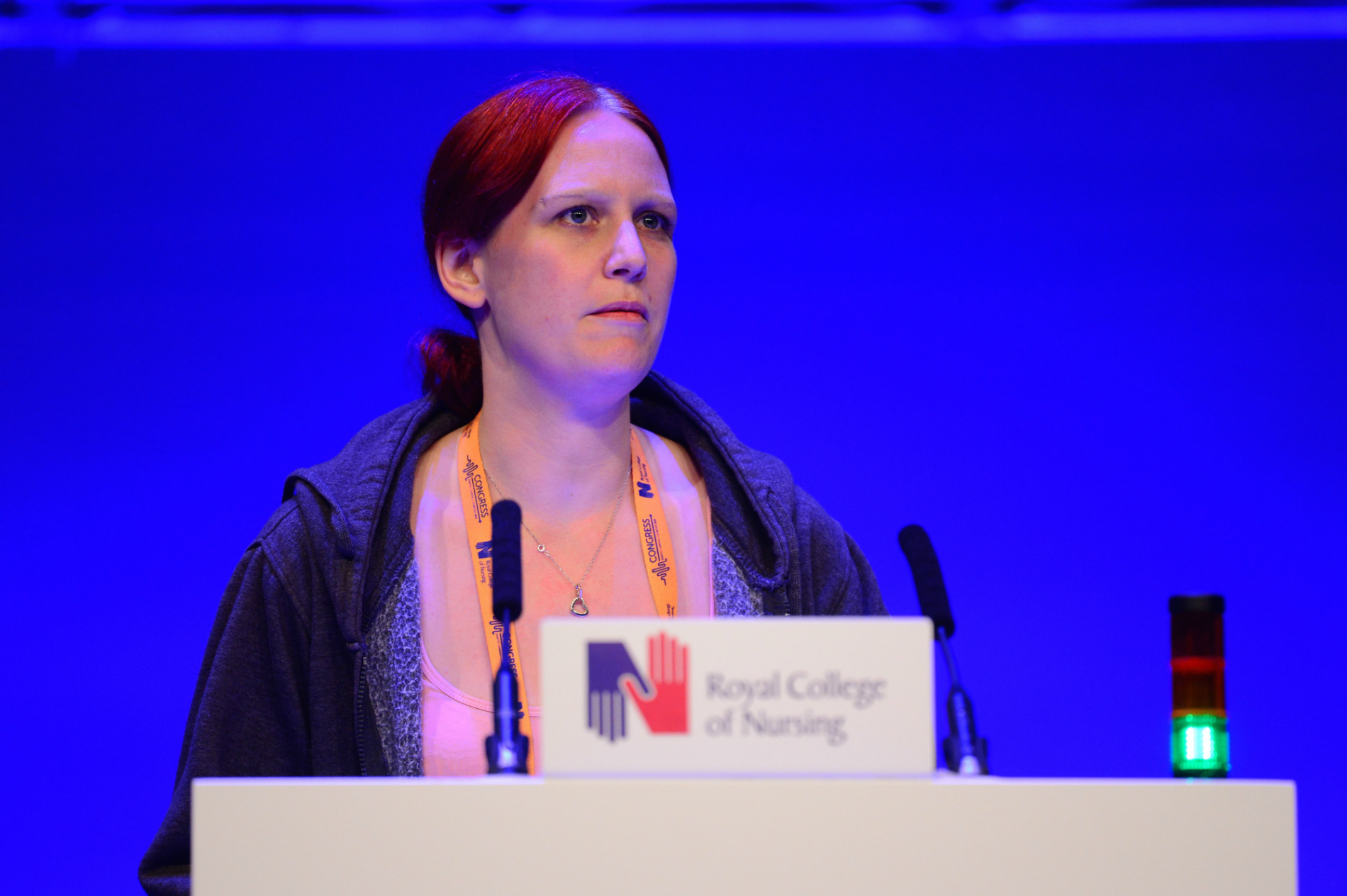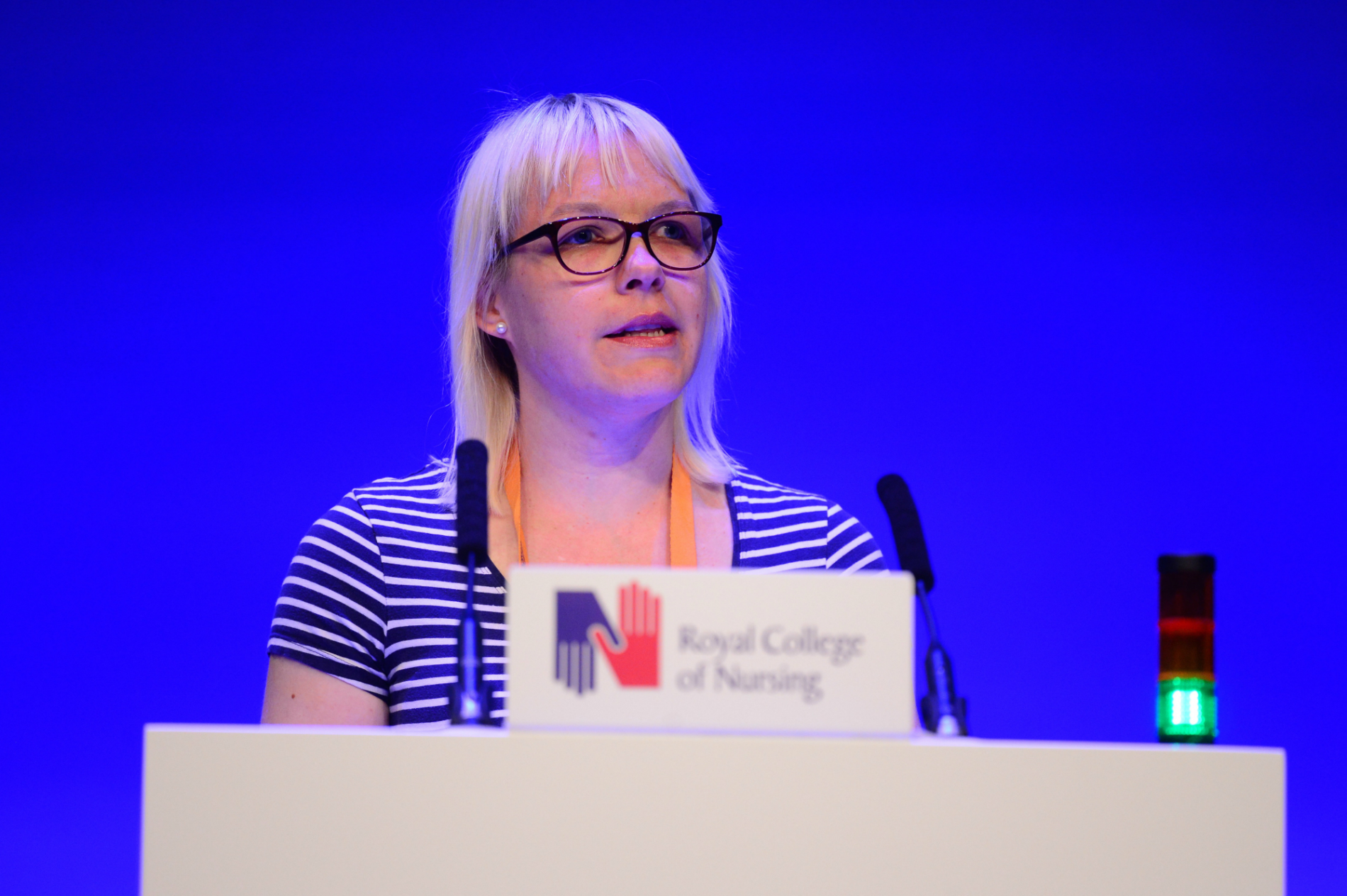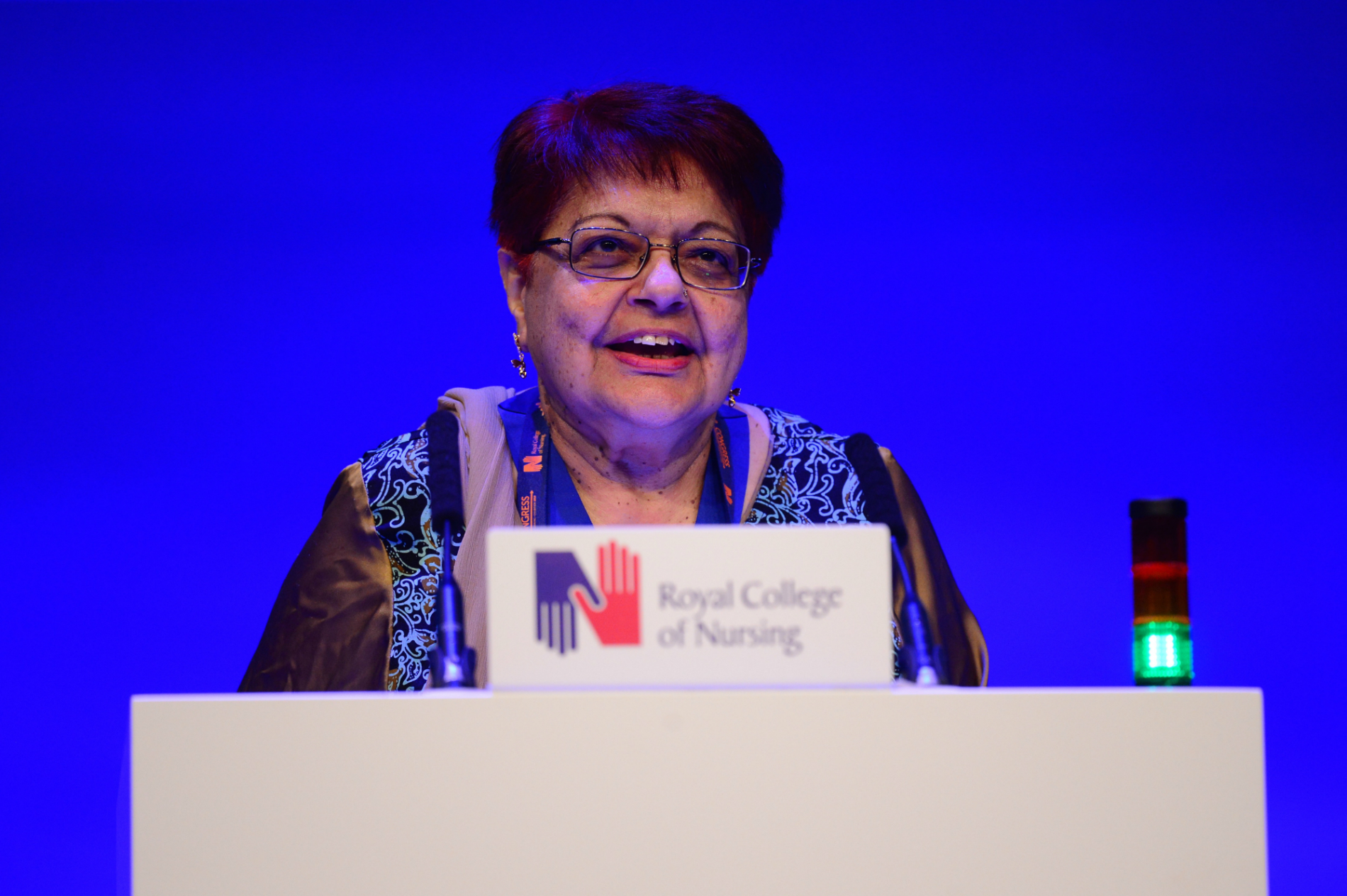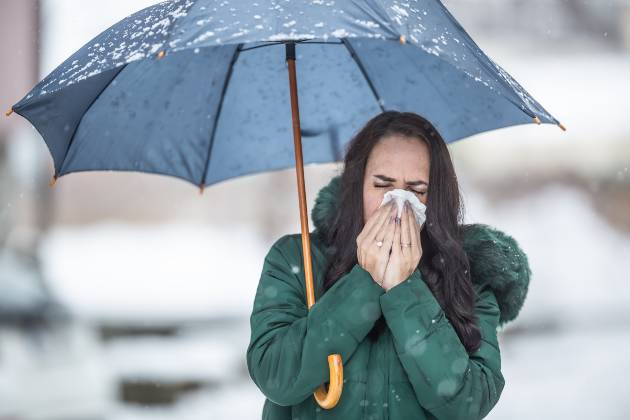When performing a routine check-up, sexual health nurse Ruth Bailey asked a patient about her period and was saddened by the response.
“She suddenly became very upset and told me she suffered horribly with difficult, heavy periods,” Ruth recalls. “She said she ‘couldn’t afford to have them’ and often stayed home from college where she didn’t need to worry about not having enough sanitary products. The effect it was having on her wellbeing was huge.”
Sadly, this isn’t an isolated incident. Plan International conducted a UK-wide survey in December 2017 which revealed just how many people are affected by period poverty.
It found that one in 10 people who menstruate struggle to pay for basic sanitary products on a monthly basis, with many either not attending school, borrowing from friends, or improvising sanitary wear.
Putting it on the agenda
Many organisations and charities have been working hard to raise awareness of the issue and to try to put an end to period poverty.
For the RCN Women’s Health Forum menstrual health has been high on the agenda for a while and they thought it was about time the RCN joined the campaign and brought its unique nursing perspective to the cause.
Ruth proposed a resolution on the topic at RCN Congress, on behalf of the forum, which was debated and voted for by nursing staff.
“I’m so happy my nursing colleagues have acknowledged the importance of tackling period poverty and voted to put the weight of the RCN’s influence behind it.
“Whatever setting nursing staff work in, they will undoubtedly come into contact with people who are menstruating and for whom this may be causing knock-on physical, social or mental effects,” Ruth continues.
“Health is holistic and nurses really understand this. Being able to promote dignity and support the people you care for in their daily lives is essential. This is what period poverty really comes down to, it’s about the fundamentals of nursing.”
The forum is currently developing a resource to support all nursing staff to “have really open, fruitful conversations about periods with the people in their care”.
In August 2018, Scotland became the first country in the world to announce a fully-funded (£5.2bn) plan to banish period poverty for its students.
Influenced by this and other ongoing campaigning from charities and organisations, the UK government announced last month that it would be establishing a joint taskforce, led by Minister for Women and Equalities and Secretary of State for International Development Penny Mordaunt, to “recognise the importance of tackling period poverty for the dignity and empowerment of women and girls.”
Ruth would like to see the RCN involved in this taskforce. As well as looking at the financial aspects of period poverty, it will also be addressing the question of stigma.
Because period poverty isn’t just about money, it’s also about the shame and taboo that shrouds menstruation. This can lead to people feeling too uncomfortable to reach out for help when they experience difficulties.
Menstruating is a natural, biological function, and it shouldn’t cause anyone to live one week of each month in pain or embarrassment
“Many people don’t feel they're able to talk to anyone about their period,” says Ruth. “There are so many societal and cultural barriers in place. But menstruating is a natural, biological function, and it shouldn’t cause anyone to live one week of each month in pain or embarrassment.”

Another of Ruth’s patients told her their periods were so heavy they had to get up several times in the night to change their sanitary pad and preferred to stay at home during their period for fear of embarrassing situations arising.
“She’d been living like this for years, never talking to anyone about it and just getting more and more down. She had no idea there were things we could do to help.”
“Increasing the quantity and quality of education – and including boys in the conversation – is going to be so important to create change. We should be able to talk about period issues the same way we would talk about having a headache.”
Continuing to push for change
The UK government’s pledge is welcome news but Ruth is keen to stress there is still a long way to go to eradicate period poverty.
“I’m thrilled the issue is being taken seriously, but it feels more important than ever that we’re getting behind this. As a political body, one that is uniquely placed within health care, we need to hold the government to account and continue to highlight this issue,” Ruth says.
“Providing access to free sanitary products for those in schools and hospitals is a good start, but it is just a start. There are many more vulnerable people in our society who will continue to fall through the cracks – but as nurses and midwives we are well-placed to make a real difference.”
What members had to say
After an impassioned opening from Ruth at the debate, student nurse Jess Sainsbury seconded the motion with the story of a young woman called Alice who she'd encountered through work with a charity that provides sanitary products to local homeless people.
Alice had never had a stable home environment. She was sofa surfing by the age of 14 and when she started her period, she had to steal the sanitary products she needed. She was living with the permanent threat of getting in trouble with the police but was too ashamed and embarrassed to ask for help.
Jess finished by reiterating that this is just one example of the many people suffering from period poverty and “while many of us will have been caught out by that unexpected dampness in our knickers, we've likely been able to do something about it pretty quickly and cleanly. For many people, that isn't the case.”
Many other members spoke out about their own experiences:
Get involved
Join the RCN Women's Health Forum to get involved in the RCN's work tackling period poverty and other pioneering projects.
Find out more about RCN Congress.
Advertisement



